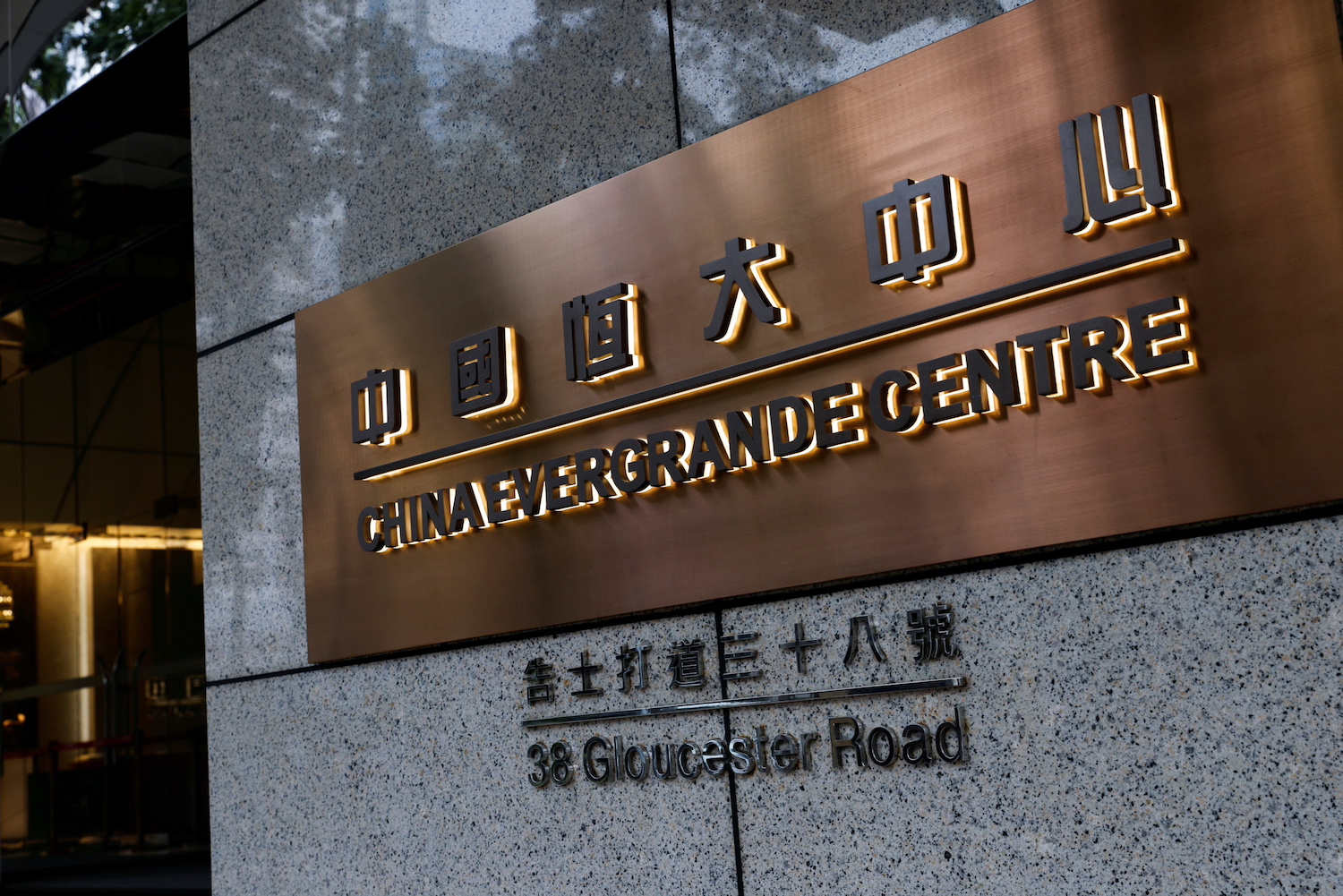
China’s Evergrande Group has garnered much popularity in the last months. But was it for the right reasons? Probably not.
The popularity that was garnered by Evergrande was due to its defaulting nature. According to reports, the finance of the company is so crippled that it has likely defaulted on its liabilities including the interest payments that it was liable to pay. But what makes Evergrande’s debacle so important? It is to be noted that Evergrande owned a large number of debt obligations to the three largest banks in China’s economy. Thus, its financial fallout can have massive repercussions for the economy which is already showing signs of slowing down.
In fact, the analysts have viewed the debacle to be so magnanimous that many have compared it to the Layman Brothers crisis.

Evergrande- the second-largest real estate developer
The enormity of the situation can be conjured from the fact that Evergrande is the second-largest real estate developer in China. According to records, Evergrande is effectively a Fortune 500 company. To talk about its liabilities, they stand at a whopping $300 billion. Thus, the failure of this certain company can definitely lead to a higher fallout in the economy and the global world.
The impact of the same will be felt immensely by the global economy due to the fact that globalization has significantly intertwined various economies together. Due to this very significant reason, the involvement of the Chinese authorities to bail out the firm in crisis will be important.
In fact, according to reports, Evergrande’s liquidation can emphatically create spillover in various financial assets and markets and can have a large domino effect on banks and non-banks. The banks and the markets that have the most to lose are the ones that are directly or indirectly related to Evergrande. Wi
What led to Evergrande’s debacle?
China, back in the day had started fast urbanization and industrialization in the economy. This had led to easy credit for the real estate sector, especially real estate developers to develop and create houses in the economy at an increasing rate. This had led to full-fledged urbanization, so much so that many houses now remain empty with no occupants whatsoever. But with the completion of many houses, many were left uncompleted.
In the case of Evergrande, it had sold but not yet completed residential units. In recent years, China had come up with the policy that is needed to bring debt proportions in control. This had led to tighter credit lending norms in the economy which had emphatically led to troubles in the real estate sector because of its unfinished units. This was also due to the fact that many houses in the economy had remained unoccupied due to the pandemic and lower migrations.

What makes such fallout all the more diabolical is the fact that the company’s presence is not just limited to the real estate sector but is stretched across various ventures like online media platforms, autofill, health food vertical, and healthcare.
The effects of the debacle have been felt in the stock market too with the Hong Kong market and the US market registering a fall. In fact, Sensex and Nifty too on Monday took a beating, which shows the possible effect of such fallout on the Indian economy. This has also led many analysts to come up with an emphatic view that such a Chinese regulatory crackdown and the Evergrande crisis will not bode too well for India. This is mainly due to the fact that this can facilitate increasing capital flows to India, though such a mechanism will play out in the medium or the long run.
Trouble in Global markets
The Evergrande’s debacle has led to fear amongst the investors across nations. In fact, the fear of the Evergrande group’s default has led to the recording of forced sell-off in global markets. One such country is India. To put the situation in perspective, the Dow Jones reportedly had tanked by 1.78% on Monday while on the other hand the S&P 500 had fallen by 1.7%. In fact, according to the reports, the Chinese Spillover has led to spill-over in Dalal Street too which had registered a fall of nearly 1%.
The threat of a global sell-off
Given the enormity of the real estate giant, a spillover remains inevitable and unavoidable, but what is more important is the immediate need to analyze the extent of the same.
If the Chinese government opts for the liquidation method where the investors are not able to recover their dues, major harm can be inflicted in terms of loss of investor confidence. This will particularly affect the broader property sector offshore in Asia which cannot materialize too well for the Asian countries, that themselves are trying to recuperate from the pandemic. This can emphatically lead to large spillovers in the foreign market. On the other hand, according to the analysts, such a debacle can also lead to a repricing of risk premium across global credit markets.
Eventually, the credit in the banking and the non-banking sector will be affected and this will emphatically affect the economies around the world, especially India, which is in dire need of investments at the moment.
Thus, will the Indian economy be able to weather such a financial storm? Perhaps we’ll have to wait and watch.




